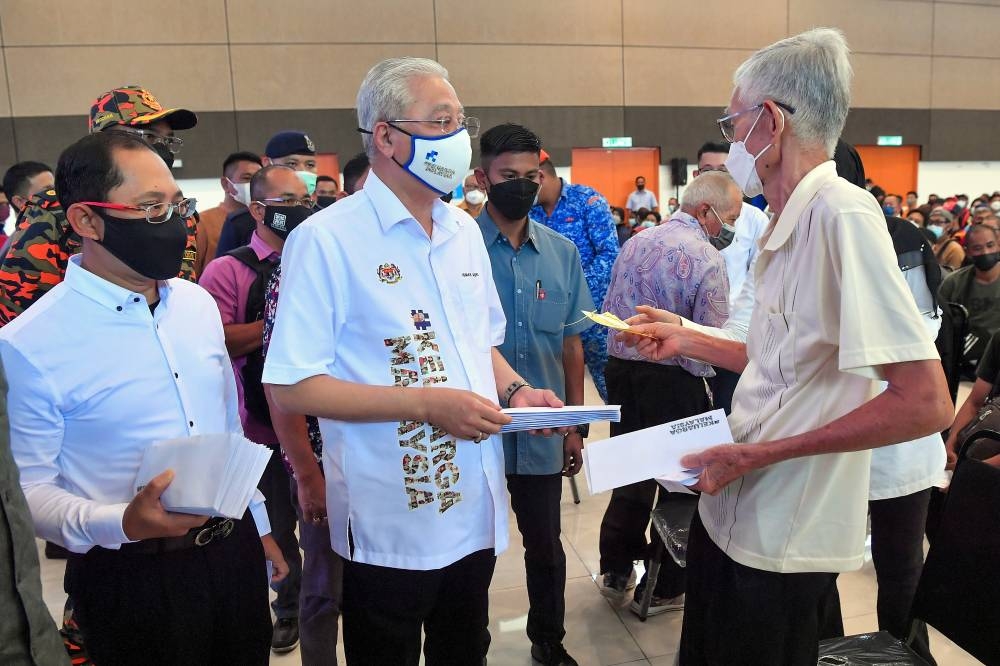Government allow AP holders to import whole chickens to stabilise chicken prices

SHAH ALAM – The government have allowed approved permit (AP) holders to import whole chicken instead of chicken pieces as part of the initiatives to reduce chicken prices in the country, announced Prime Minister Datuk Seri Ismail Sabri Yaakob today.
Ismail Sabri also announced that APs are now open to hypermarkets to import whole chickens.
The decision was reached following a special meeting of the National Action Council on Cost of Living (NACCOL) that was chaired by Ismail Sabri earlier today.
In the meeting, the government have also decided to reduce the ceiling price of standard chicken by 20 cents or a maximum of RM8.90 while egg prices remain the same in accordance with the Malaysian Family Maximum Price Scheme.
The set prices for both goods will come into effect from Feb 5 to Jun 5, 2022.
The government have also set other initiatives to ensure chicken prices remain stable and poultry producers are financially sustainable.
Among them is to provide subsidies, tax incentives to chicken producers, opening applications for foreign workers from Bangladesh and even ordering the Malaysia Competition Commission to investigate on cartels setting the price of chicken and eggs.
“Proactive action must be taken by the government to ensure prices remain affordable but at the same time, the poultry industry can ensure a stable supply,’’ said Ismail in the statement.
Other long term measures included research done by the Malaysian Agricultural Research and Development Institute on using palm kernel as chicken feed to replace corn and soybeans, proposing to state governments to extend the temporary occupation licences for agricultural activities and ensuring food affordability.














